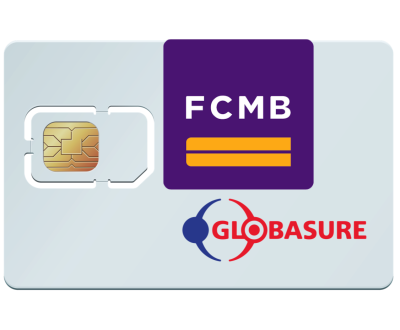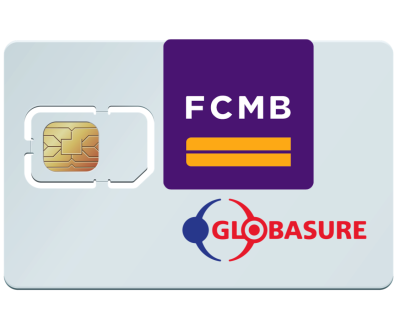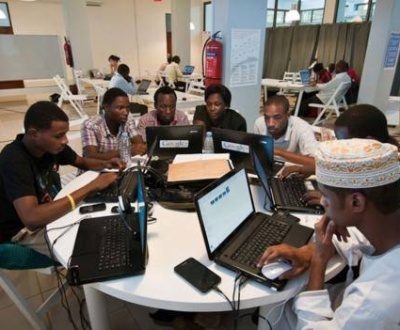CBN intervention policies push currency in circulation to highest level in history
- February 2, 2022
- Uncategorized
Currency in circulation in Nigeria rose by N1.15 trillion in 2021 to N3.33 trillion as of December 2021 its highest level on record. This is on the back of several monetary policies adopted by the Central Bank of Nigeria to increase liquidity in the economy.
Nairametrics obtained this data from the money and credit statistics from the Central Bank of Nigeria. According to the data, Nigeria’s currency in circulation increased by 39.4% in the year compared to N2.91 trillion recorded as of the end of the previous year. The Central Bank maintained a subtle monetary approach to stimulate the economy all through the year.
Specifically, the apex bank maintained the country’s benchmark interest rate (MPR) at 11.5% all through 2021 and has started the new year with the same approach, retaining the cash reserve ratio at 27.5% and liquidity ratio at 30%. A move which paid off as the country’s GDP grew by a record high of 5.01% in Q2 2021.
Private sector credit hits highest level
Credit to private sector hit its highest level in December 2021, reaching N35.73 trillion from N30.15 trillion recorded as of December 2020, representing a N5.58 trillion increase in one year. This could be attributed to a combination of the Central Bank’s policies, innovation in technology and the surge in the number of FinTechs in the lending space.
In the same vein, credit to government also increased by N1.33 trillion in 2021, rising to N13.73 trillion as of December 2021 from N12.4 trillion recorded as of the previous year.
The increase in bank credit is in line with the CBN’s mandate to give the real sector easy access to credit in order to ensure economic stability having suffered from a recession in the previous year during the covid-19 pandemic.
In addition, CBN disbursed the sum of N151.23 billion under the Real Sector Facility to 15 additional projects in agriculture, manufacturing, mining, and services. The funds were utilized for both greenfield and brownfield (expansion) projects under the Covid-19 Intervention for the Manufacturing Sector (CIMS) and the Real Sector Support Facility from Differentiated Cash Reserve Requirement (RSSF-DCRR).
Cumulative disbursements under the Real Sector Facility currently stood at N1.4 trillion disbursed to 331 projects across the country.
In terms of the healthcare sector, the bank disbursed N498.00 million to two (2) healthcare projects under the Healthcare Sector Intervention Facility (HSIF), bringing the cumulative disbursements to N108.85 billion for 118 projects, comprising of 31 pharmaceuticals, 82 hospital and 4 other services.
The bank has also disbursed N369.78 billion to 648,052 households and 129,614 small businesses. Also, CBN disbursed N293 million to 59 beneficiaries under the recently introduced Tertiary Institutions Entrepreneurship Scheme (TIES)
What you should know about currency in circulation
- Currency in circulation is referred to as the amount of money that has been issued by the central bank minus currency that has been removed from an economy.
- Currency in circulation can also be thought of as currency in hand because it is the money used throughout a country’s economy to buy goods and services. Monetary authorities of central banks pay attention to the amount of physical currency in circulation because it represents one of the most liquid asset classes.
- The CBN Act of 2007 of the Federal Republic of Nigeria charges the Bank with the overall control and administration of the monetary and financial sector policies of the Federal Government.
Source: Nairametric
 CBN continues to intervene in the economy
CBN continues to intervene in the economy
According to the recent MPC communique released by the CBN, the apex bank disbursed N75.99 billion to support the cultivation of over 383,000 hectares of maize, rice and wheat during the 2022 dry season, between November and December 2021, under the Anchor Borrowers’ Programme (ABP). This brings the cumulative disbursements under the Programme to N927.94 billion to over 4.5 million smallholder farmers cultivating 21 commodities across the country.
Similarly, the central bank also released N1.76 billion to finance two (2) large-scale agricultural projects under the Commercial Agriculture Credit Scheme (CACS).
In addition, CBN disbursed the sum of N151.23 billion under the Real Sector Facility to 15 additional projects in agriculture, manufacturing, mining, and services. The funds were utilized for both greenfield and brownfield (expansion) projects under the Covid-19 Intervention for the Manufacturing Sector (CIMS) and the Real Sector Support Facility from Differentiated Cash Reserve Requirement (RSSF-DCRR).
Cumulative disbursements under the Real Sector Facility currently stood at N1.4 trillion disbursed to 331 projects across the country.
In terms of the healthcare sector, the bank disbursed N498.00 million to two (2) healthcare projects under the Healthcare Sector Intervention Facility (HSIF), bringing the cumulative disbursements to N108.85 billion for 118 projects, comprising of 31 pharmaceuticals, 82 hospital and 4 other services.
The bank has also disbursed N369.78 billion to 648,052 households and 129,614 small businesses. Also, CBN disbursed N293 million to 59 beneficiaries under the recently introduced Tertiary Institutions Entrepreneurship Scheme (TIES)
What you should know about currency in circulation
- Currency in circulation is referred to as the amount of money that has been issued by the central bank minus currency that has been removed from an economy.
- Currency in circulation can also be thought of as currency in hand because it is the money used throughout a country’s economy to buy goods and services. Monetary authorities of central banks pay attention to the amount of physical currency in circulation because it represents one of the most liquid asset classes.
- The CBN Act of 2007 of the Federal Republic of Nigeria charges the Bank with the overall control and administration of the monetary and financial sector policies of the Federal Government.
Source: Nairametric
More from our blog
See all postsRecent Posts
- A Traveler’s Guide to Roaming SIM Cards: How Do They Work? October 16, 2023
- How to Choose the Right Roaming SIM for Your International Trip October 10, 2023
- Tips for using a roaming SIM October 3, 2023
All Website Tags
Leave a Comment cancel
This site uses Akismet to reduce spam. Learn how your comment data is processed.









 WhatsApp us
WhatsApp us